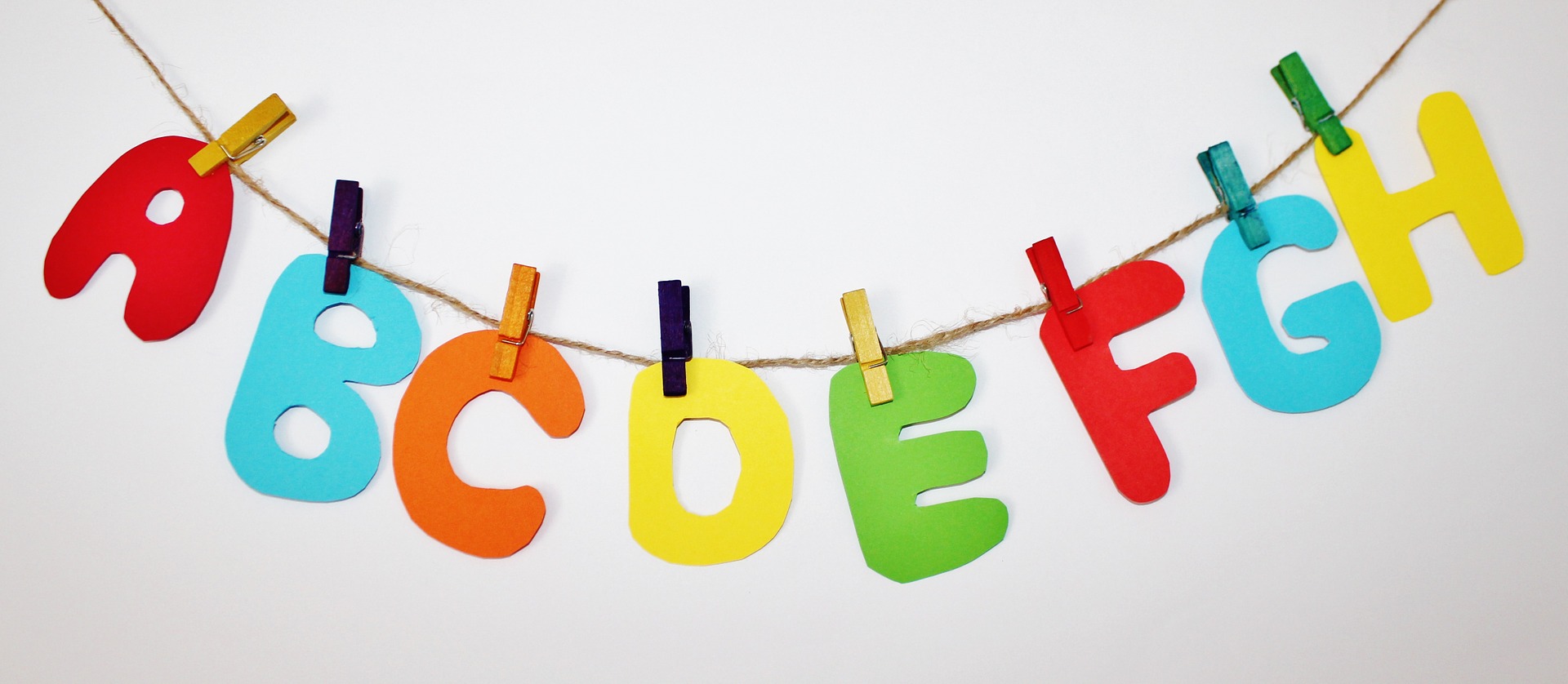By Mr Kwok
One challenge many students face is how to make his writing more interesting. Sure, a good plot helps in narrative writing, just as a well constructed argument in discursive writing. One technique many students neglect is the use of idioms. Technically, an idiom is a phrase which does not express its meaning from its words. For example, the idiom “make ends meet” hardly hints that it means earning enough money to pay one’s bills.
What are Body Parts Idioms?
There is however a class of idioms of which I am a fan of. These so called “body parts idioms” are intuitive. All of us have the same body parts, say head, heart, hand, foot and many others. Therefore, if you hear “laughing your head off“, you can identify with it as it is probably something you do and you instinctively know that it means something is so funny you literally laugh you head off.
Why use them?
A lot of times, you can visualise yourself (or someone else) performing the same action as the idiom suggests. Remember those memory enhancing techniques mentioned in an earlier post (Achieving a Powerful Memory)? Body parts idioms allow you to make connections between them and your own experiences and visual images. They also serve as metaphors or analogies to the meanings they carry.
Ultimately, it makes body parts idioms easy to remember and apply in your writing. In keeping with my earlier post about making connections, I have provided a mind map of the more useful idioms from my personal experience. You may notice that the mind map includes images which can be helpful to content retention for the visual learner in us.

Click image to enlarge it
Try them out and see how they work for you!
Hungry for more Body Parts (Idioms)?
We have curated more body parts idioms commonly used in writing. They are available via this link which allows you to subscribe to our mailing list. You will be directed to the mind map at the end of the sign-up process.
Also, you may sign your child up for our Primary English Tuition or Secondary English Tuition for him to learn more about Idioms and many other interesting usage of the English Language.

